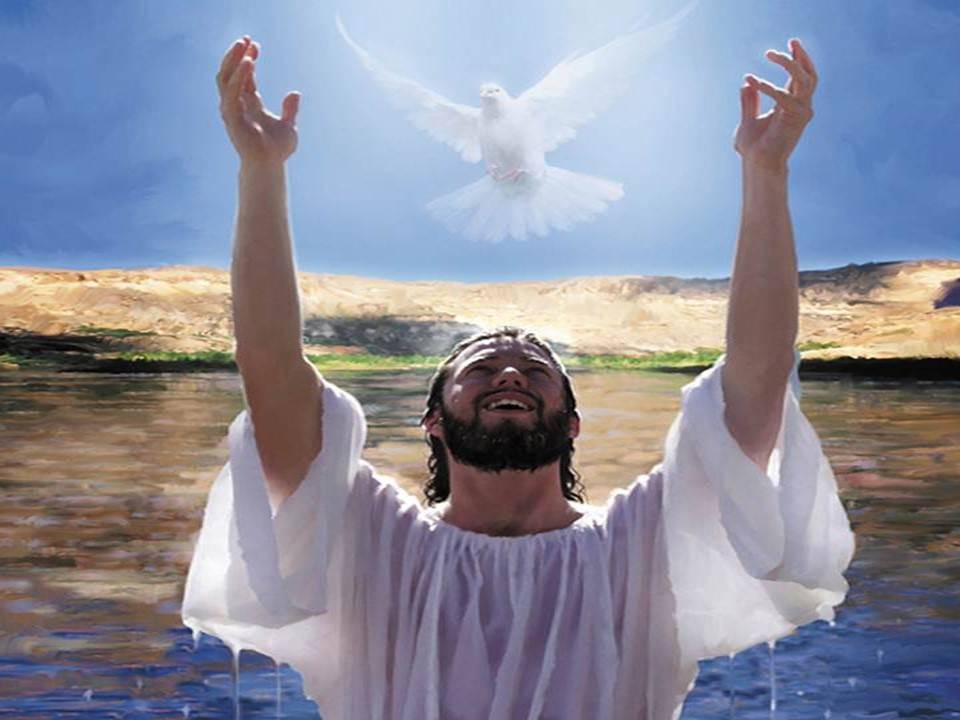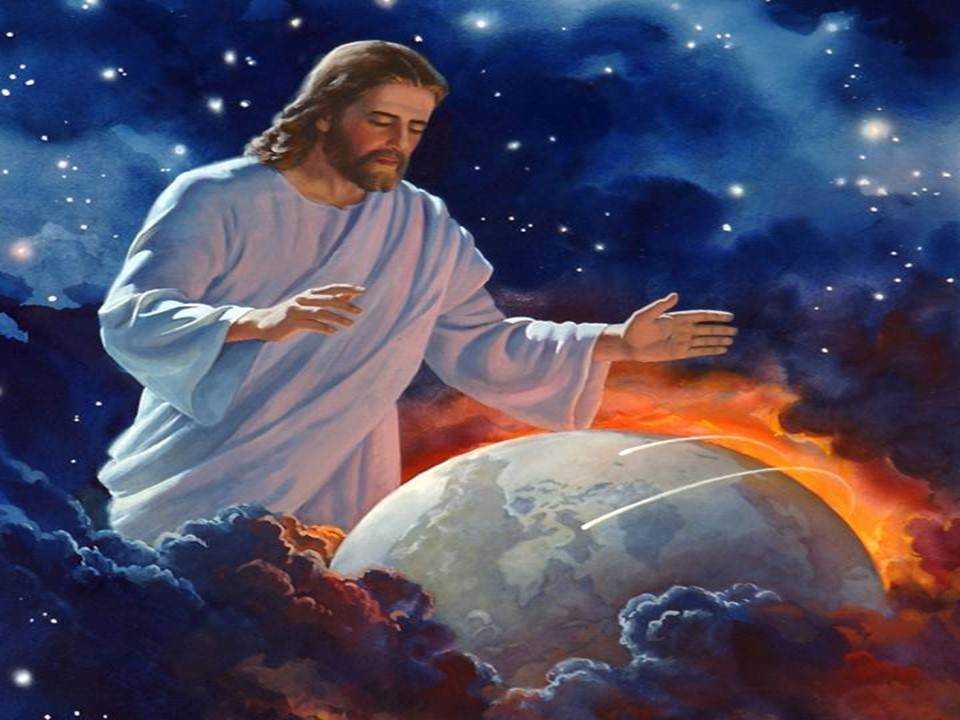
The God-Man

Samuel Smith
23 Jan'19
5
LESSON 4
THE GOD-MAN
You are welcome to another edition of Insights from God's Word, a Bible study programme that is committed to sharing God's Word by allowing the Bible to speak for itself.In this edition, we continue with our series on The Godhead. The topic for this study is: The God-Man. In this study, we will consider in detail what the Bible says in relation to the mystery of the incarnation of Christ. The study is structured in four sub-sections as follows:
1) THE MYSTERY OF THE INCARNATION
The disciple Luke chronicled the process of the incarnation of Christ in this manner:2) THE SON OF GOD
The Son of God is a title that is usually expressed in relation to the divinity of Christ. Even though our Saviour bore the likeness of men, He was fully divine. As the Son of God, He had absolute control over nature. One word from His lips, shalom, could calm the troubled Sea of Galilee. After beholding this miracle, the disciples said one to another; "What manner of man is this, that even the wind and the sea obey him?" (Besides this exclamation from the disciples, some clear statements from Christ Himself such as "I and my father are one" (
It is important to note at this point that even though Christ was fully God in human flesh, He never used His divine power to aid Himself in fulfilling His atonement for the human race. All the miracles He performed were for the benefit of man. An understanding of His divinity while on earth in this light helps us to appreciate the cost of our salvation. For the penalty of eternal death which hanged on mankind as a result of our transgression could only be atoned for through the condescension of One who was eternal, and equal with God the Father.
3) THE SON OF MAN
From the apostle Paul, we read the following in relation to the condescension of Christ for the salvation of mankind:2:6 Who, being in the form of God, thought it not robbery to be equal with God:
2:7 But made himself of no reputation, and took upon him the form of a servant, and was made in the likeness of men:
2:8 And being found in fashion as a man, he humbled himself, and became obedient unto death, even the death of the cross."
(
Throughout His ministry here on earth, our Lord Jesus Christ kept humbling Himself before the Father even unto death (see
i) "And Jesus said unto him, Why callest thou me good? there is none good but one, that is, God" (
ii) "But of that day and that hour knoweth no man, no, not the angels which are in heaven, neither the Son, but the Father" (
iii) "for My Father is greater than I" (
iv) "My God, my God, why hast thou forsaken me?" (
v) "I ascend unto my Father, and your Father; and to my God, and your God" (
Friends, these texts of Scripture clearly portray the humility that Christ willingly exhibited towards the Father while here on earth. The texts also help us to understand that through the incarnation, the Son of God also became the Son of man (see
By restraining His divine power to aid Himself, our Saviour had no advantage over the rest of the human family. But where the first Adam fell, Christ became victorious (see
4) THE EXALTATION OF CHRIST
It is interesting to learn that just as the Son gave the Father greater honour through His humiliation, the Father also highly exalted the name of the Son above every name. From the apostle Paul, we read the following in relation to the exaltation of Christ by the Father:2:10 That at the name of Jesus EVERY KNEE SHOULD BOW, of things in heaven, and things in earth, and things under the earth;
2:11 And that every tongue should confess that Jesus Christ is Lord, to the glory of God the Father."
(
1:7 And of the angels he saith, Who maketh his angels spirits, and his ministers a flame of fire.
1:8 But unto the Son he saith, Thy throne, O God, is for ever and ever: a sceptre of righteousness is the sceptre of thy kingdom."
(
5) OUR REPRESENTATIVE IN HEAVEN
When Christ completed His work of salvation here on earth, He ascended to heaven in a glorified human body (Friends, very soon Jesus, the God-Man, will return to earth to redeem His children, and unite them with the family of God in heaven (see
Exhortation: From the pen of inspiration, we read the following clear statements about the divine human nature of Christ:
i) "He clothed His divinity with humanity. He was all the while as God, but He did not appear as God. He veiled the demonstrations of Deity which had commanded the homage, and called forth the admiration, of the universe of God. He was God while upon earth, but He divested Himself of the form of God, and in its stead took the form and fashion of a man....He was God, but the glories of the form of God He for a while relinquished....He humbled Himself, and took mortality upon Himself. As a member of the human family He was mortal, but as a God He was the fountain of life to the world. He could, in His divine person, ever have withstood the advances of death, and refused to come under its dominion; but He voluntarily laid down His life, that in so doing He might give life and bring immortality to light. He bore the sins of the world, and endured the penalty which rolled like a mountain upon His divine soul. He yielded up His life a sacrifice, that man should not eternally die." - (5BC 1126.8-1127.1).
ii) "Wondrous combination of man and God! He might have helped His human nature to withstand the inroads of disease by pouring from His divine nature vitality and undecaying vigor to the human. But He humbled Himself to man's nature....What humility was this! It amazed angels. The tongue can never describe it; the imagination cannot take it in. The eternal Word consented to be made flesh! God became man! It was a wonderful humility." - (5BC 1127.2).
iii) "...He did not cease to be God when He became man. The human did not take the place of the divine, nor the divine of the human. This is the mystery of godliness. The two expressions "human" and "divine" were, in Christ, closely and inseparably one, and yet they had a distinct individuality. Though Christ humbled Himself to become man, the Godhead was still His own." - (5BC 1129.3)
In our next study, we will consider the topic: "... His only begotten Son...": An exposition on Christ's words in John 3:16. The Bible Study references for this study are
Stay blessed and keep shining for King Jesus.
Maranatha!
Powered by White Throne Ministries














